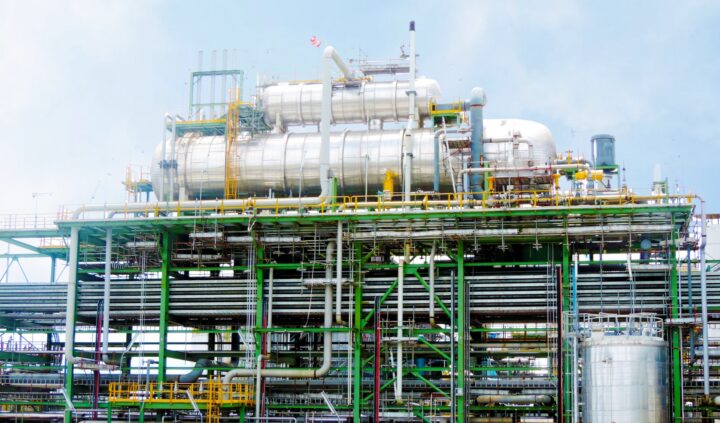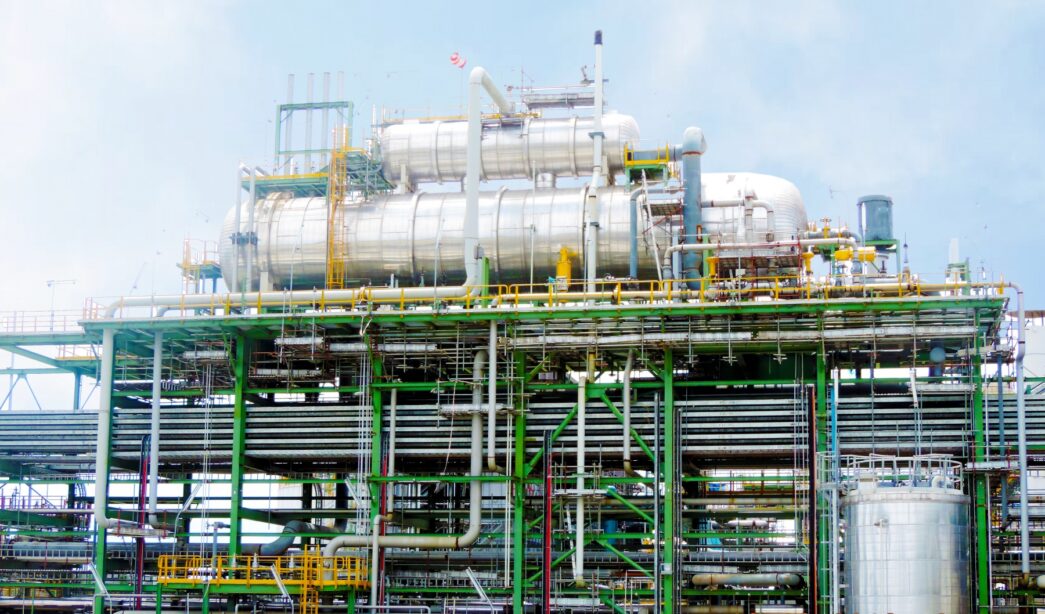Huub Stokman, chairman of the Major Energies Marketers Association of Nigeria (MEMAN), says the rising local refining capacity has changed the supply landscape in West Africa.
Stokman spoke on Tuesday during a webinar organised by MEMAN and S&P Global Commodity Insights (Platts).
The MEMAN chairman described the event as timely following Nigeria’s move to full petrol price deregulation.
He emphasised that “rising local refining capacity changes the supply landscape and that MEMAN will support market transparency, benchmarking and coordinated stakeholder engagement during the transition”.
Advertisement
On his part, Gary Clark, associate editorial director, Europe, the Middle East, and Africa (EMEA) clean refined products for S&P Global, said the ramp-up of the Dangote refinery has changed trade flows, keeping more petrol in West Africa while exporting some jet fuel abroad.
He noted that it lowers, but does not remove, the region’s reliance on imports.
Clark also said outages and maintenance can quickly reintroduce import needs and market volatility.
Advertisement
On her part, Ogechi Nkwoji, head, economic intelligence research and regulation for MEMAN, described the ex-Lomé hub as a practical offshore trading solution that developed in response to onshore bottlenecks and falling domestic refinery output.
“Large cargoes are discharged into floating storage off Togo and sold in smaller 5 to 20 kiloton parcels to regional buyers, chiefly Nigerian marketers. Market participants were grouped as international trading houses, intermediate chartering traders and local marketers,” she said.
“The hub’s advantages — deep water, security, flexible lot sizes and same day trading capability — make Lomé an important reference point for price discovery and coastal distribution, and a flexible buffer during onshore disruptions.”
Matthew Tracey-Cook, senior price reporter, EMEA gasoline & West Africa refined products, S&P Global, highlighted that petrol cracks jumped in August after a unit outage at the Dangote refinery, rising from about $13 to over $17 per barrel.
Advertisement
Tracey-Cook noted that such disruptions at Dangote refinery can strongly influence Atlantic basin supply and push markets into backwardation.













